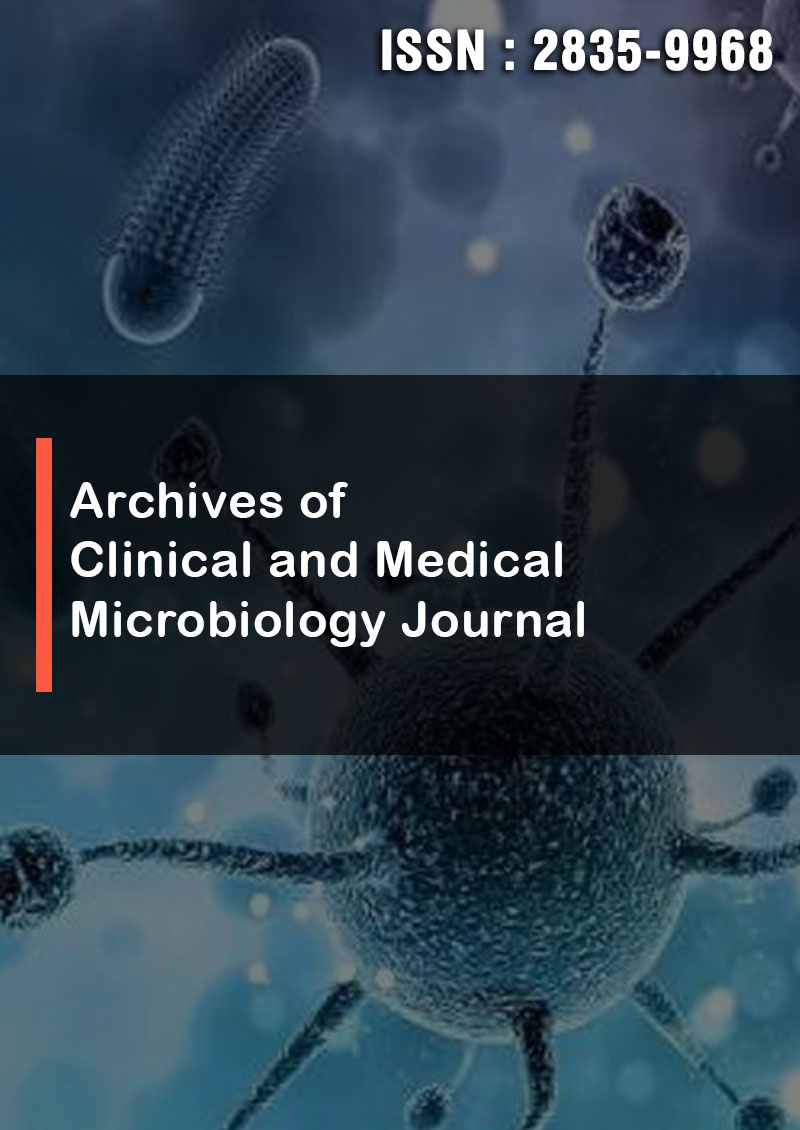Pharmacology and Therapeutic Potential of Pcsk9 Inhibitors
Abstract
Jeetendra Kumar Gupta, Shivendra Kumar, Krishanveer Singh, Kuldeep Singh, Meenakshi
Proprotein convertase subtilisin/Kexin type 9 (PCSK9) is a proteolytic enzyme that indirectly regulates serum LDL cholesterol by destroying LDL receptors. The main role of proprotein convertase subtilisin/Kexin type9 (PCSK9) inhibitor in cholesterol regulation was elucidated in clinical studies. It is produced in the liver but is also present in the kidney and intestine. It prevents HMGCo from synthesizing cholesterol. SREBP-2 is a reductase that is induced by statins. In a dose-dependent manner, increasing SREBP-2 levels enhanced LDL-R and PCSK9 gene expression. At the minimum, two procedures have been developed to overcome the plasma level of PCSK9 prohibit. This is the LDLR test, polyclonal antibodies, and sentience oligonucleotide. Lower dosage statin treatment with a proprotein convertase subtilisin/Kexin type9 inhibitor will be most efficient in lowering LDL and avoiding statin adverse effects. In multiple long-term trials, statins have been found to reduce cardiovascular mortality by 30% and stroke incidence by 20%. In this way, we conclude the role of PCSK9 in hypercholesterolemia.



